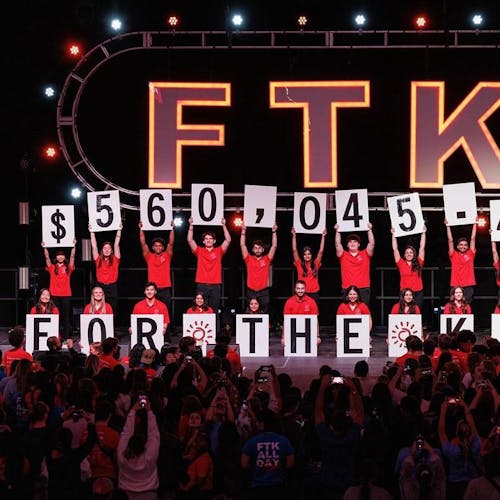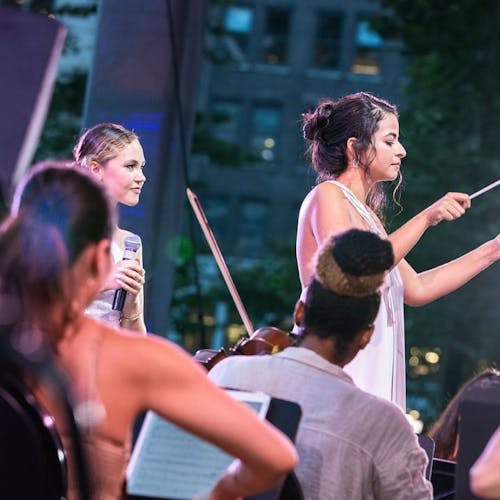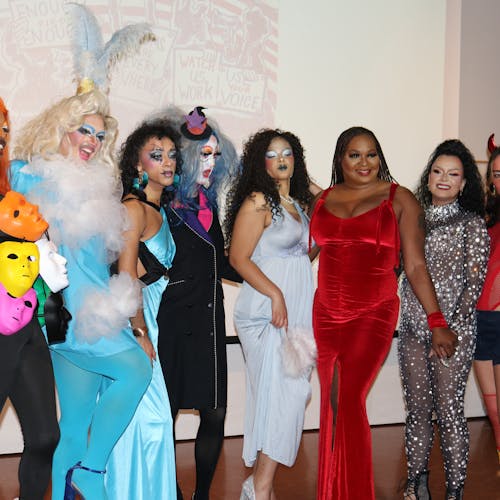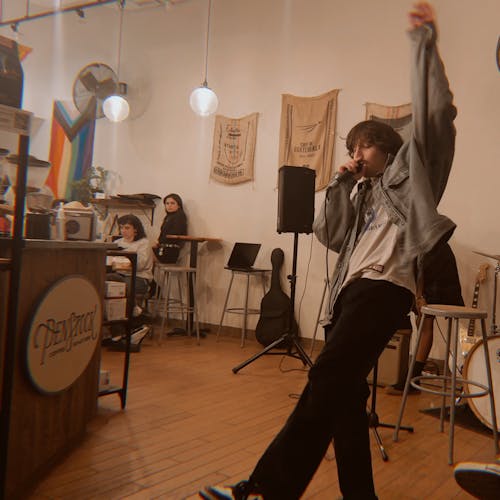1960 thriller ‘Psycho’ plays for U. Halloweenfest
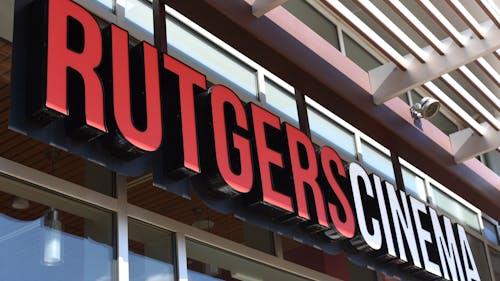
For the new student of cinema studies, Alfred Hitchcock might be the best place to start to learn about the relationship between thematic content and cinematic form. Every shot, every angle and every movement of the camera is used with purpose. Yet, owing to his enthusiasm for technique, there is an obviousness to the connection between Hitchcock’s themes and his style.
Hitchcock's 1960 thriller “Psycho” ran last weekend at RU Cinemas as part of their weekly Halloweenfest film series. He likened his direction of this film as a direction of the audience, not of the actors. Not content to allow us to guess our way through the picture, he turns left when we expect him to turn right. It's impossible to explain how he does this without spoiling the ride for those who’ve never experienced it. When you see it, you’ll know.
“Psycho” locates its dark material in sexual and romantic longing, implicating the audience in every choice in the story. The film opens with a gaze, showing the apartment building and the spectator getting closer and closer until an open window is approached — and into the room our view sneaks. A common thread in Hitchcock is the morality of voyeurism. The audience has happened upon a private moment.
We find a couple, Marion Crane (Janet Leigh) and Sam Loomis (John Gavin). He is shirtless and she is wearing a brassiere. Costume choices like this were seldom made in 1960, if at all. She wants to get married, but he refuses to until he is cleared of his debts and his alimony payments.
For “Psycho,” the past hovers over its characters like a domineering parent. At home, Marion is overlooked by pictures of her (presumably) dead mother. Her boss’ client, from whom she steals $40,000 for Sam’s debts, has such prodigious wealth that he intends to buy his daughter her own home. (We don’t mind Marion’s theft because he is so wealthy and so careless with money.) Norman Bates, the proprietor of a roadside motel, lives at home with his sadistic, cloistered mother.
All these extending shadows of the past create a gothic atmosphere in the film — the Bates' house, which oversees the motel of the same name, does as well. The house is large and garish, a Victorian creation with an ad-mixture of stuffy furniture and children’s toys. It is a repository of the past.
Hitchcock’s earlier “Rebecca” (1940) comes to mind, with its doorknobs located above its human inhabitants and the ethereal presence of the former lady-of-the-house.
Marion evokes our sympathy despite her theft. We understand her temporary lapse in judgment, and we root for her in her plan to settle down with Sam. Despite his oddities, we have a natural inclination towards Norman Bates too — he emanates geniality.
When a passing motorist is murdered in the shower Norman worries frantically and disposes of the body. Hitchcock films this sequence from Norman’s perspective and the film finds divided impulses in the audience. In Hitchcock’s corpus there is no film as dark or as angry as this one.
“The Birds” presages the anarchic upheavals of the 1960s, but is balanced by its technicolor Bay Area dreamscape and the constant presence of two peaceful lovebirds. “Frenzy,” his late-period British film, has a couple of cruel sequences, but it’s situated in such a larger comic work, that the poison is removed even if the bad taste remains.
What was once a rite-of-passage for movie-goers is now ignored, acknowledged only as cultural mainstays of a shrieking violin score or the still photograph of a terrified face in the shower. “Psycho” and Hitchcock are more than the fodder for endless parody — they deserve attention.
